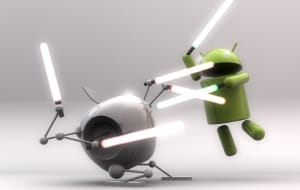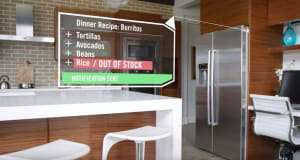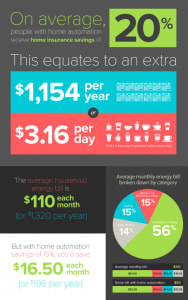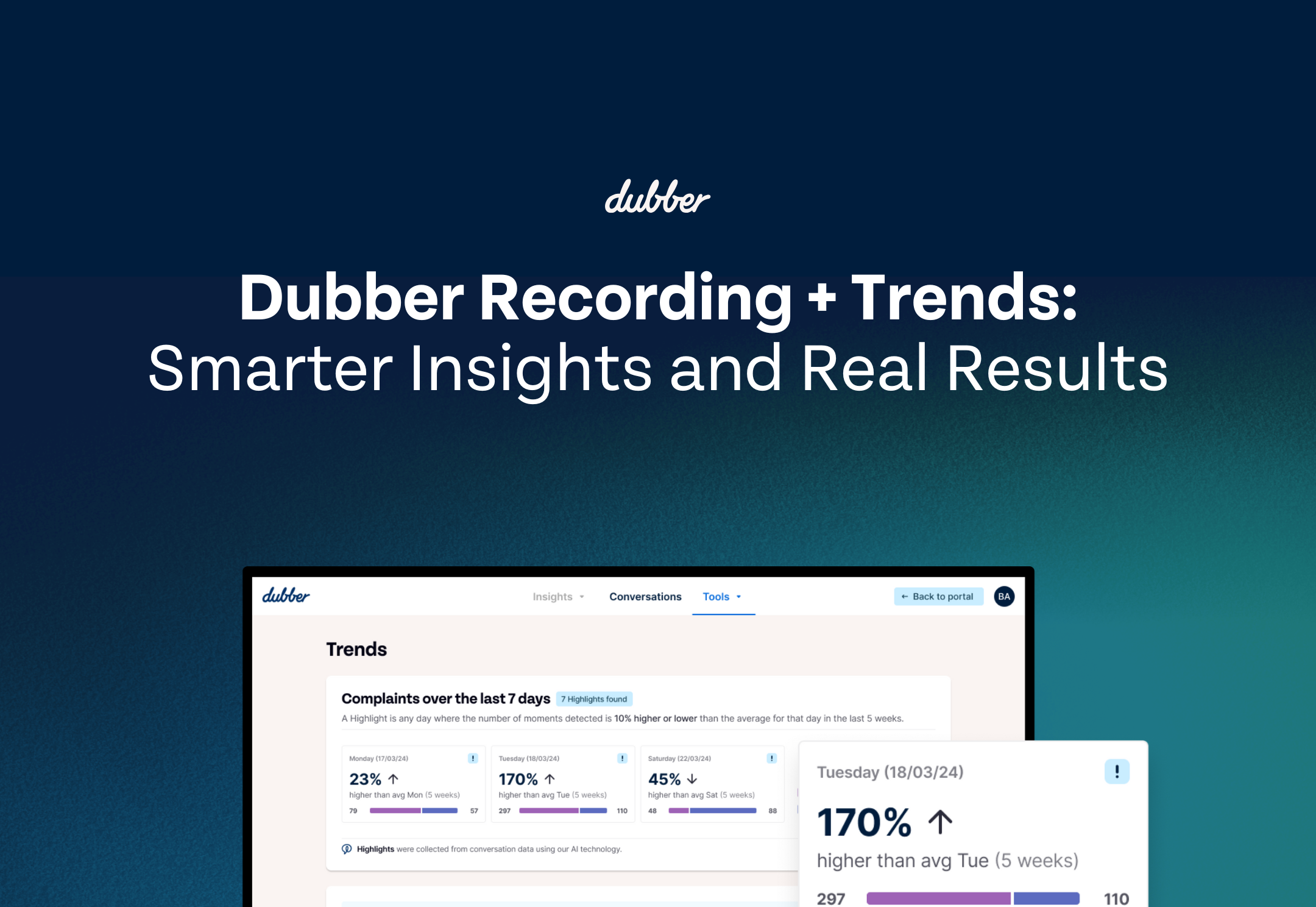

Bringing the Apple vs Google Debate into the Future
Since the first generation of iPhone was introduced almost a decade ago, numerous other tech giants have thrown their hats into the ring and attempted to compete with their own smartphones. There have been various levels of success, but none have given Apple a run for their money more than Google’s Android phones. From the day Android entered the market, a never-ending Apple vs Android debate began, with both teams gathering loyal followings. The sales and performance of the two are constantly compared, but this blog is interested in knowing which side will be strongest in the upcoming fourth industrial revolution. With the rise of the Internet of Things, 5G and smart technology, which side will adapt and win the debate once and for all?
A Decade of Competition
The true comparison between Apple and Google’s smartphones is between their operating systems iOS and Android, as this is where the competition for control of the IoT will actually take place. When it comes to sales, they vary most quarters. According to Tim Cook, 30% of iPhone buyers in the July-September 2015 quarter had switched from an Android device, and in the last quarter of 2016, iOS sales outperformed Android: winning a 6.4% rise in shares whilst Android experienced a 5.1% decline. Despite this, Android still holds the majority of the market.
The debate of iOS versus Android remains unsolved when it comes to smartphones, as some users are firmly in Android’s corner and others back iOS. Whilst each camp constantly and fervently argues their side, those of us on the fence have decided that the debate is currently futile. At this point, both iOS and Android are mature and competent operating systems that realistically are more similar than different. In our eyes, it could be that the future, and their response to it, will finally end the debate.
The next big trend in consumer technology is set to be home automation, as smart technology is brought into the home. Possible new products include doorbells that connect to smartphones and show who is at the door, coffee machines that brew coffee based on traffic and self-ordering fridges. These devices will all be connected to smartphones, enabling homeowners to control their home from their phone.
To make the development of these smart homes a possibility, a strong platform that facilitates the connection of many devices to a unified service must first be built. The role of smartphones in smart technology and the Internet of Things appoints Apple and Android as the major players in the battle to develop the first successful IoT platform.
An example of an everyday use of a Smart Home. Watch full video here.
Apple’s IoT Platform
Apple’s current contribution to the IoT market is HomeKit, a framework for connecting smart devices in the home. The platform uses HomeKit Accessory Protocol (HAP), and already has the advantage of many HomeKit-enabled devices being available in the market. These devices may also be able to connect to Apple Watches and Apple TV, which will rejuvenate both products and give Apple Watch owners an exciting new use for their smartwatch. The downside of HomeKit is that it is a closed-source project. Every IoT device that hopes to connect to it will need to be Made For iOS (MFi), which will limit the connectivity of the IoT.
HomeKit will appeal to those already favouring Apple and iOS, and its attractiveness as the first IoT platform will depend on the number of devices which Apple successfully can bring to the smart market using MFi. Apple will need to identify the greatest consumer demand for smart devices, which at this early stage of the IoT and smart technology is still relatively unknown.
Google’s IoT Platform
Google are already on their second attempt at developing an IoT platform: following the failure of Brillo, they have rebranded and released Android Things. Google’s entry into the IoT race is a platform that enables Android developers to create new smart devices by using Google’s existing Android APIs, and many are excited by the platform’s compatibility to Android devices and its brand new OS.
Android Things enables cross-platform APIs, which will encourage innovation for the IoT and home automation across a broader range of developers – by offering up a platform for its development. Android Things is therefore less limiting that HomeKit, and offers greater connectivity. Additionally, Google’s platform has a wider range of suitable products under the Android family than Apple does. However, Android Things is also limited by its reliance on the loyalty of Android consumers to establish itself as the key IoT platform on the market.
So who will Come out on Top?
Google and Apple are not just battling each other – they also face competition from Amazon. With their recent release of Amazon Echo, an intelligent voice control assistant for the home, they have also entered the IoT race. Voice control is already popular (it is currently used by 1 in 5 Americans to perform Google searches) and is predicted to cause a larger revolution than touch screen technology. It is therefore certain to play a key role in the IoT and smart homes, validating Amazon as a key player in the IoT race. Having already conquered their industries, all three companies are in the IoT race to gain a new physical space (the home) for which to sell their products, and to broaden their demographics with smart home technology that will apply to a larger audience. For the winning company, the value will be immeasurable.
Apple, Google and Amazon’s platforms and the IoT itself are still very much in their infancy, and so it is hard to predict what will happen in the future. After all, when the iPhone was first released it received largely negative reviews. Steve Ballmer, then CEO of Microsoft, even said that the iPhone was too niche: “There is no chance that the iPhone is going to get any significant market share. None.” And yet at the end of 2016, the iPhone had a market share of 11.5%, whilst the Windows phone had 0.4%.
The bottom line is that brand loyalty does not choose the winner – just look at what happened to Blackberry and Nokia in the smartphone market. Customers will ultimately choose the company that gives them what they demand, and delivering this in a seamless fashion is what will distinguish the winner. It is predicted that the victor in the IoT race will be either Apple or Google, as both have the advantage of brand recognition and a pre-existing ecosystem of smart devices. Currently, Google’s Android Things stands out as the more promising platform, and seems to be solidly in the lead – but as Apple proved in 2007, tech wars are highly unpredictable.




